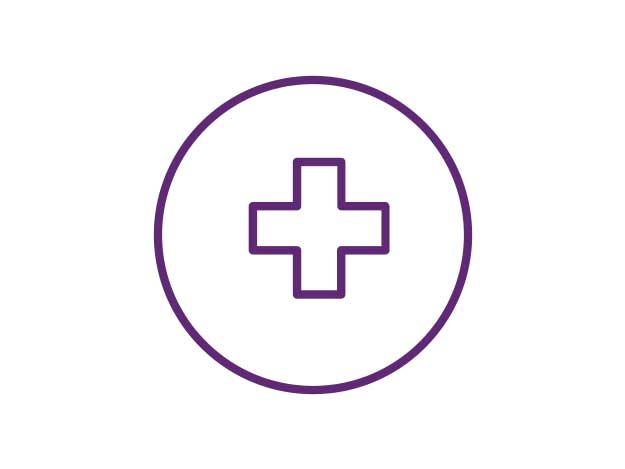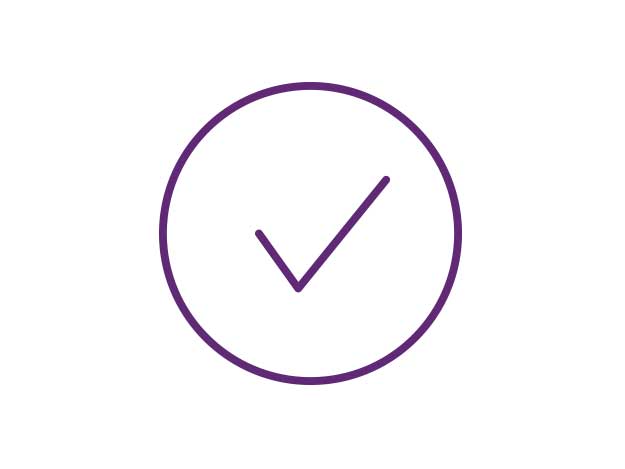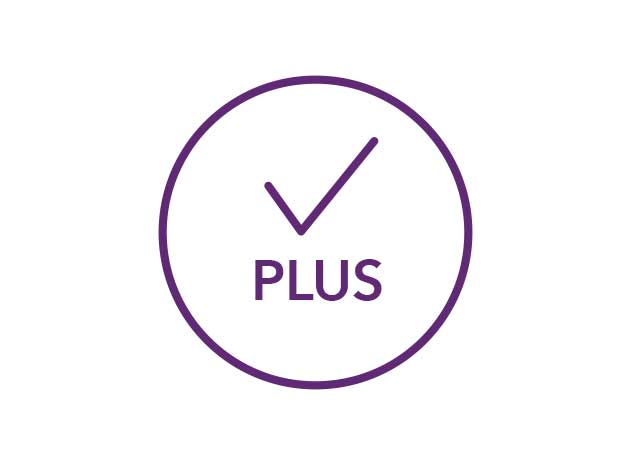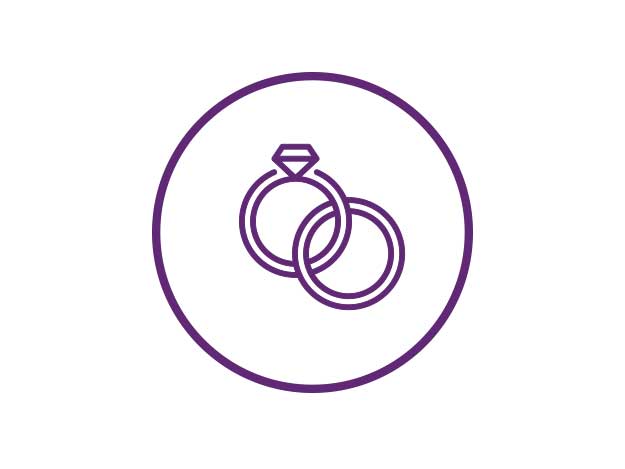What is a Stress Echocardiogram (Echo)?
A stress echocardiogram (echo) is a test used to assess how well one’s heart function when under stress.
During the test, patients would be asked to exercise on a treadmill or stationary bicycle while their blood pressure and heart rhythm is measured. At the peak levels of their heart rate, the cardiologist would take ultrasound images of the patient’s heart and structure. The images would detail whether the heart muscles have enough blood and oxygen when under stress. The test also determines how much exercise (or stress) one can put on their heart.







